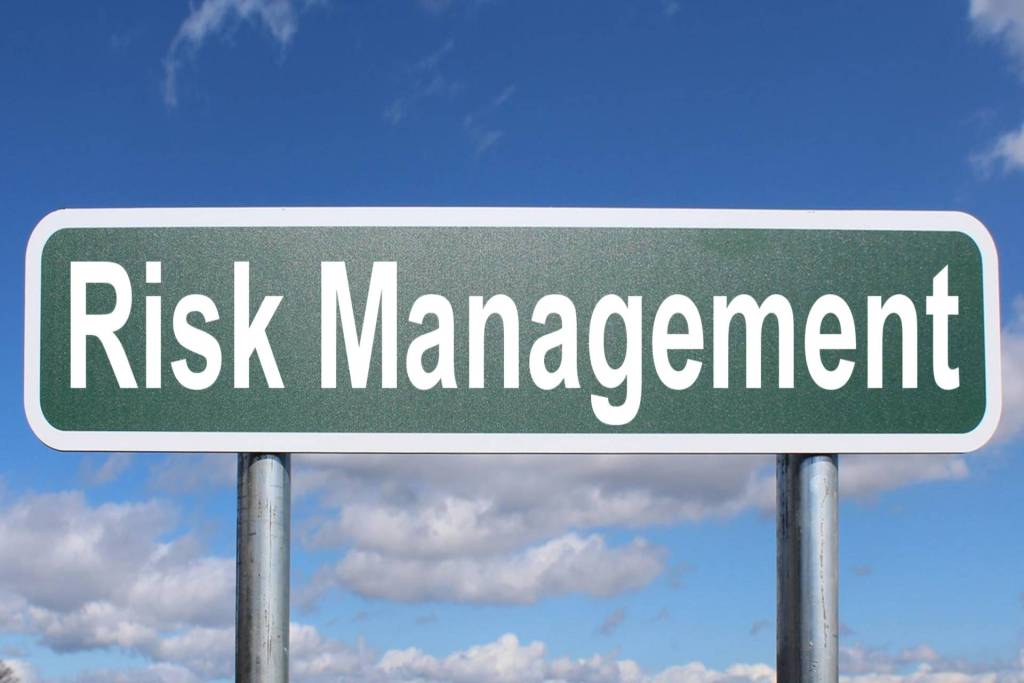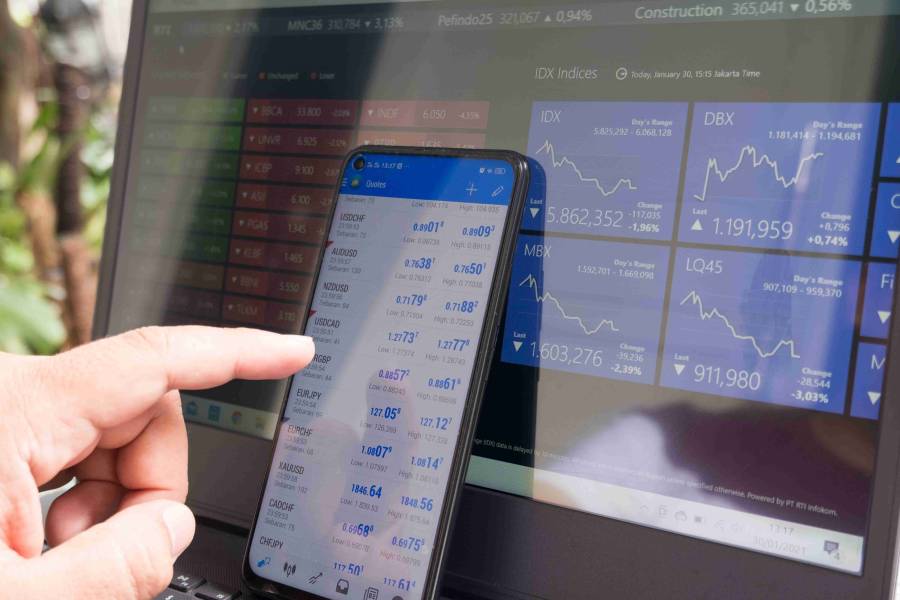If you’re like most traders, you were or are being drawn to forex trading because of the possibility of making huge profits fast, and the lifestyle portrayed by other traders on social media platforms. However, there’s an important reality check you must perform before you jump blindly into this volatile market. The forex market is a brutal instructor. It penalizes the ill-equipped, the reckless, and the unprepared. In this article we are going to look at the 6 most deadly day trading mistakes and provide you with the tips to overcome them.
1. Lack of a Trading Plan
Imagine skydiving without a parachute – that’s essentially what you’re doing when you trade without a well-defined trading plan. Every successful business requires a plan, and day trading is no exception. Your plan should be your trading bible, outlining your entry and exit strategies, risk management parameters, and money management rules.
Without a plan, you’re at the mercy of emotions and impulses, leading to unplanned trades and a guaranteed recipe for disaster. So, before you even consider hitting that buy button, create a concrete trading plan that aligns with your risk tolerance, capital, and trading goals.
Tip
Research different trading strategies, backtest them on historical data, and make a plan that suits your trading style and risk appetite. Practice discipline and stick to your plan religiously, even when the market throws curveballs your way.
2. Overtrading
Excitement is contagious, especially when you see your initial trades yielding profits. But mistaking enthusiasm for a license to overtrade is a sure way to blow your account. Taking too many trades can be exhausting, both mentally and financially. It clouds your judgment, increases transaction costs, and diverts your focus from identifying high-quality setups.
Remember, quality beats quantity in the forex game. Prioritize finding high-probability trade opportunities based on your plan and analysis, rather than racking up trades for the sake of it. Take calculated risks, let your winners run, and don’t be afraid to sit on the sidelines when the market conditions aren’t conducive to your strategy.
Tip
Implement a trading journal to track your trades, analyze your performance, and identify patterns of overtrading. Set daily or weekly trade limits to curb the urge to overexpose yourself to the market.
3. Ignoring Risk Management

Think of risk management as your financial airbag in the volatile forex market. Ignoring it is like driving a car without brakes – a recipe for a nasty crash. Proper stop-loss orders and position sizing are the cornerstones of effective risk management, minimizing potential losses and safeguarding your capital.
A stop-loss order automatically exits a trade when the price moves against you, limiting your downside. Position sizing dictates how much capital you allocate to each trade, ensuring you don’t put all your eggs in one basket. By managing your risk wisely, you can weather market storms and emerge with your trading account intact.
Tip
Calculate your risk tolerance and adjust your stop-loss orders and position sizes accordingly. Remember, the goal is to preserve your capital, not gamble it away.
4. Emotional Trading
The forex market is a potent emotional cocktail. Watching your profits soar can trigger greed, leading you to hold onto winning positions for too long and potentially miss the exit point. In contrast, fear of losses can induce panic selling, forcing you to dump profitable trades prematurely. This emotional tug-of-war is a surefire way to derail your trading success.
Discipline is the antidote to emotional trading. Train yourself to make decisions based on your plan and analysis, not fleeting emotions. Separate your emotions from your trading by journaling your feelings and identifying triggers that lead to irrational decisions. Remember, a calm and composed mind is your greatest asset in the forex market.
Tip
Practice mindfulness and relaxation techniques before and during trading sessions. Implement trading rules that prevent impulsive actions, such as taking a break after a certain number of consecutive losses.
5. Lack of Discipline

Discipline is the backbone of successful trading, but even the most dedicated traders fall prey to deviations from their plan. Taking impulsive trades, exceeding position sizes, or holding onto losing positions due to stubbornness can quickly erode your profits.
Remember, your trading plan is your anchor in the volatile forex market. Stick to it religiously, even when it’s tempting to deviate. Develop the mental fortitude to accept losses as part of the game, close losing positions promptly, and avoid revenge trading to recoup losses.
Tip
Reward yourself for adhering to your plan and hold yourself accountable for deviations. Visualize your long-term trading goals to stay motivated and disciplined.
6. Over Reliance on Indicators
Technical indicators can be valuable tools for identifying potential trade setups, but relying solely on them as trading signals is a dangerous trap. Blindly following indicator signals without considering other factors can lead to false positives and missed opportunities.
Indicators are merely road signs, not the destination. Use them in conjunction with price action, fundamental analysis, and your own trading judgment to make informed decisions. Remember, the market is complex, and no single indicator can perfectly predict future price movements.
Tip
Don’t overcomplicate your charts with too many indicators. Choose a few reliable ones that align with your trading style and learn to interpret them accurately. Backtest indicator signals on historical data and avoid relying solely on them for entry and exit points.
Conclusion
Avoiding these day trading mistakes is the key to a successful forex trading journey. By staying informed, disciplined, and adaptable, you can navigate the markets with confidence and increase your chances of profitable outcomes.
Frequently Asked Questions
Is day trading suitable for everyone?
Day trading requires a certain level of skill, time commitment, and risk tolerance. It may not be suitable for everyone, and individuals should carefully assess their own circumstances before engaging in day trading.
How can I create a solid trading plan?
Building a trading plan involves defining your goals, risk tolerance, and strategies. Seek professional advice if needed, and ensure your plan is adaptable to changing market conditions.
Why is emotional discipline important in trading?
Emotional discipline helps traders make rational decisions, avoid impulsive actions, and stick to their trading plans, leading to more consistent and successful outcomes.
Can overreliance on indicators be detrimental?
Yes, solely relying on indicators without considering broader market factors can lead to false signals and poor decision-making. It’s crucial to use indicators as part of a comprehensive analysis.
How often should I review and adapt my trading strategies?
Regularly reviewing and adapting your trading strategies is essential, especially when market conditions change. Flexibility and staying informed are key to long-term success in day trading.






Leave a Comment